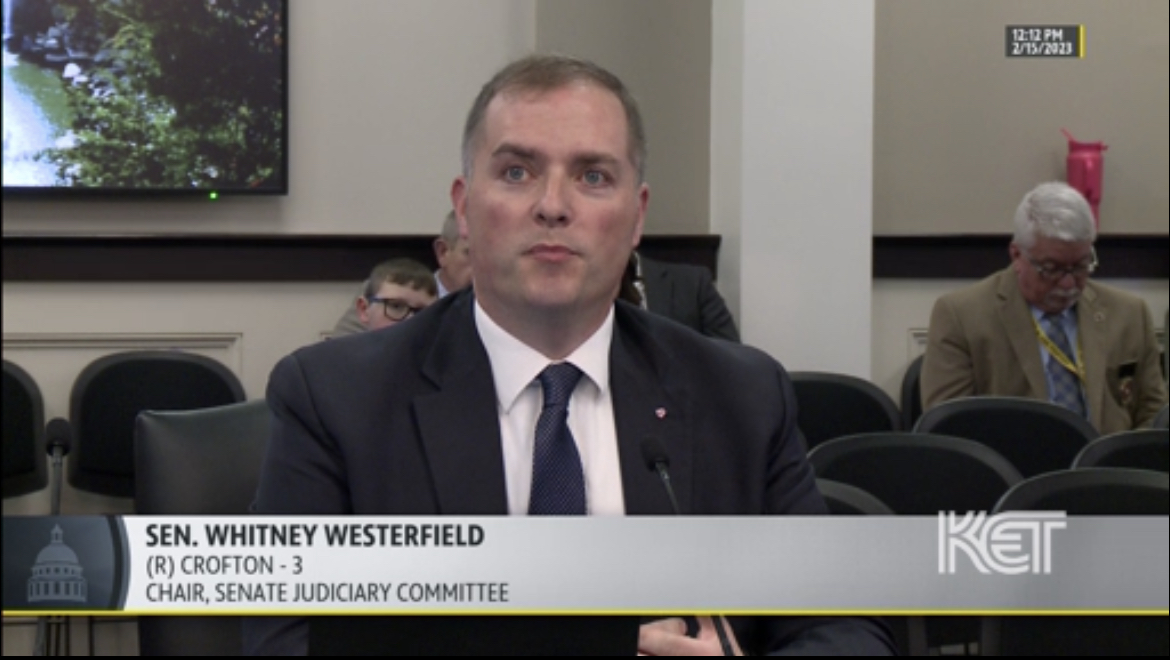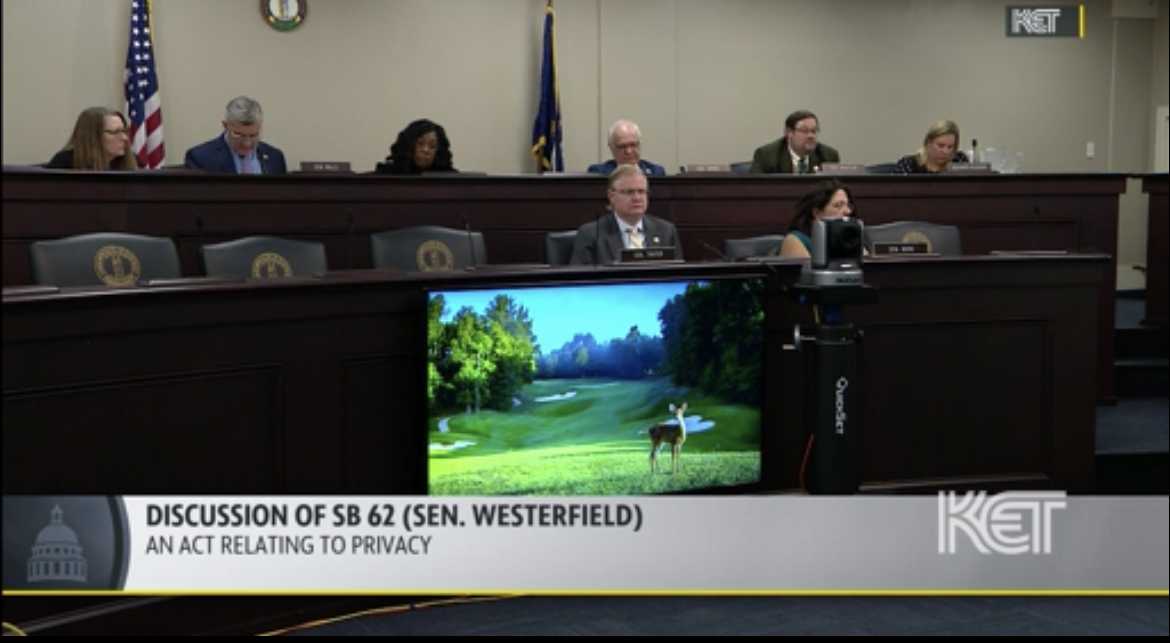

Kentuckians applauded the 2008 state Supreme Court opinion recognizing that the public “has a legitimate interest in the amounts and sources of monies donated to the [University of Louisville] Foundation which ultimately funds the University.”
https://caselaw.findlaw.com/ky-supreme-court/1439464.html
“It is commonplace“ the Court observed, “that a charity or other organization collecting donations will publish a list of donors and sponsors as a way of recognizing those persons and advertising the success of its fundraising efforts. In fact, for some persons, the fact that his or her name will be included in a publicized list is itself an incentive to make a donation or gift to the organization.”
After Cape Publications, Inc. v University of Louisville Foundation, the identities of donors to a nonprofit organization affiliated with a public agency — those requesting anonymity and those not requesting anonymity — would be subject to disclosure under the open records law.
The Court in 2008 recognized “that certain donors may not simply wish to conceal their identities, but rather may wish to conceal the true purposes of their donations. Donors, particularly those making substantial gifts, may wish to influence the University's decisions and policies, or to have some type of benefit conferred upon them by the University. Accordingly, we agree that the public's interest is particularly piqued by large donations from anonymous donors, and that a legitimate question of influence is raised by such circumstances.”
A Senate bill on the fast track to passage in the current legislative session repudiates that public interest and returns Kentucky law to its pre-2008 status, compromising the public’s ability to hold nonprofit organizations affiliated with a public agency — and there are many in the Commonwealth like the University of Louisville Foundation — accountable. This, and much more, will be lost.
Sponsored by Sen. Whitney Westerfield, SB 62 passed out of the Senate State and Government Committee on a 9-0 vote on February 15. It received a second reading, was sent to the Rules Committee, and placed in Orders of the Day for Wednesday, February 22.
https://apps.legislature.ky.gov/record/23rs/sb62.html
If enacted, "The Personal Privacy Protection Act” — as it is designated — will create a new exception to the open records law. Under the new exception, “Personal information shall be exempt from disclosure under the Kentucky Open Records Act, KRS 61.870 to 61.884.”
“Personal information" is defined as as "any list, record, registry, roll, roster, or other compilation of data of any kind that directly or indirectly identifies a person as a member, supporter, volunteer, or donor of financial or nonfinancial support to any nonprofit organization[.]"
The bill prohibits a public agency from requiring an individual or nonprofit organization to compel the release of personal information; prohibits a public agency from releasing personal information in possession of the agency; and prohibits a public agency from requiring a contractor or grantee with the public agency to provide a list of nonprofit organizations to which it provides financial support."
Westerfield explained to the Senate State and Local Government Committee that the bill is prompted by a 2021 United State Supreme Court opinion, Americans for Prosperity v Bonta. In Bonta, the Court held that the California attorney general’s requirement that nonprofits disclose the names and addresses of their major donors — to help the OAG protect consumers from fraud and abuse of charitable contributions — unconstitutionally burdened their First Amendment right of free association by deterring individuals from financially supporting them.
https://www.supremecourt.gov/opinions/20pdf/19-251_p86b.pdf
Justices Sotomayor, Kagan, and Breyer dissented, asserting that the majority opinion allowed regulated entities to avoid obligations “by vaguely waving toward First Amendment ‘privacy concerns’” without the required showing of an actual First Amendment burden.
Westerfield indicated that SB 62 codifies Americans for Prosperity v Bonta, but gave no indication that his bill addressed a particular problem in Kentucky.
Indeed, SB 62 addresses no known problem. But it creates a major interpretational problem as well as a practical problem for Kentucky’s open records law.
It undermines Cape Publications, Inc. v University of Louisville Foundation by subordinating the public’s legitimate interest in donor influence on nonprofits/foundations, and the public agencies with which they are affiliated, to donors’ desire for anonymity.
It creates a competing definition of "personal information" that conflicts with the judicially recognized definition of "information of a personal nature" that already exists in the open records law. It creates a categorical exemption for “personal information” and abandons the balancing of competing public and private interests analysis that has existed since 1992 and that informed the Kentucky Supreme Court’s opinion in the University of Louisville Foundation opinion.
https://law.justia.com/cases/kentucky/supreme-court/1992/90-sc-498-dg-1…
It creates an extensive (and complex) statutory overlay to the existing open records law that includes new penalties for violations. It will inevitably lead to confusion and misinterpretation of the open records law at the expense of the public’s right to know.
And it proceeds from the unsubstantiated premise that collection and disclosure will expose donors to nonprofits affiliated with public agencies to objective harm.
Lawmaker appear disinclined to hit the pause button on SB 62, but we should at least demand that they ask whether the bill addresses a real or imagined problem and whether it’s intended benefits exceed it’s obvious risks.


